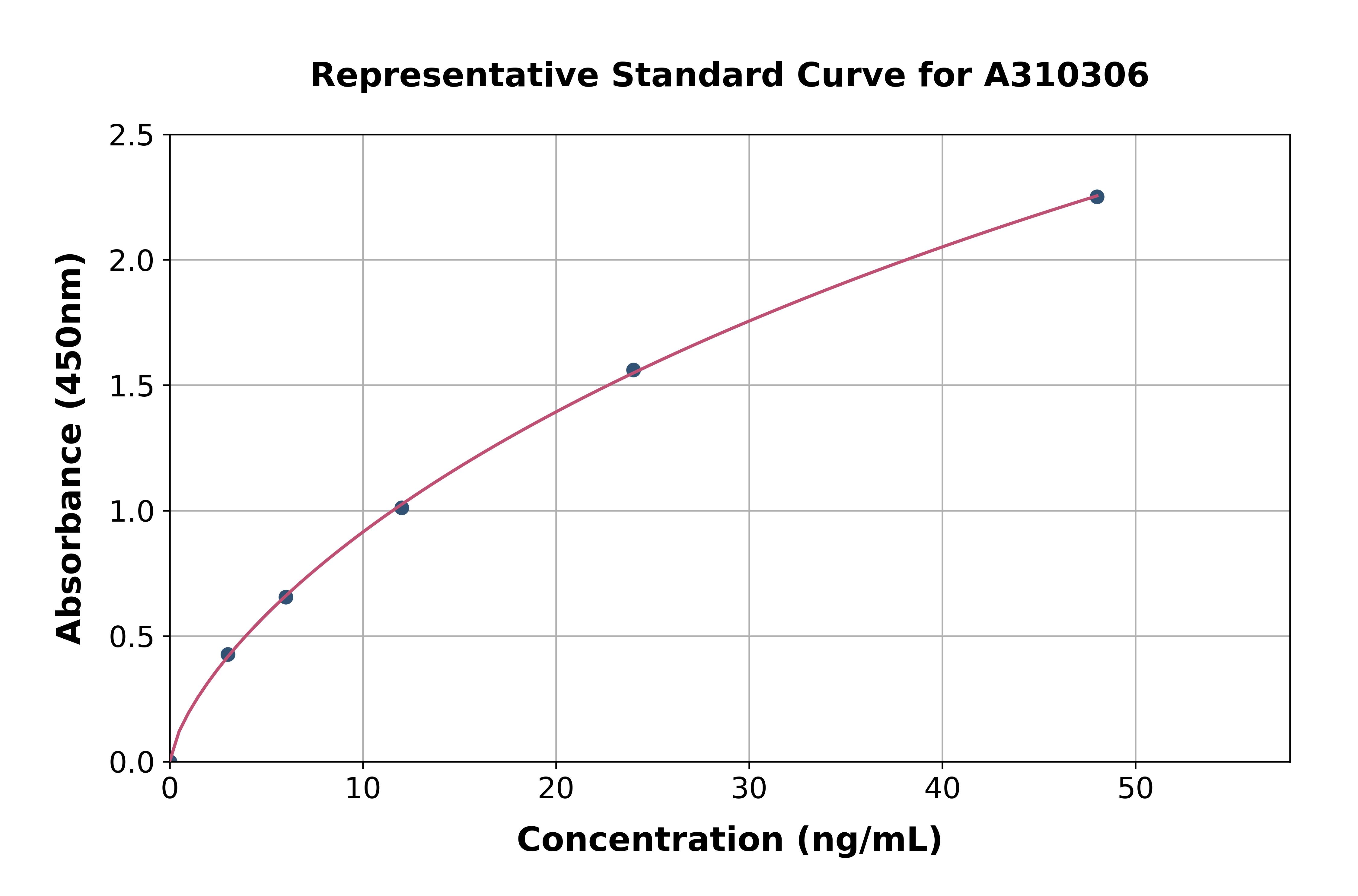Human WISP1 ELISA Kit
ARG81524
Product group Assays
Overview
- SupplierArigo Biolaboratories
- Product NameHuman WISP1 ELISA Kit
- Delivery Days Customer23
- ApplicationsELISA
- Assay PrecisionIntra-Assay CV: 5.1% Inter-Assay CV: 5.9%
- Assay Sensitivity15.6 pg/ml
- Assay Time~ 5 hours
- CertificationResearch Use Only
- ConjugateHRP
- Protein IDO95388
- Protein NameCCN family member 4
- Scientific DescriptionThis gene encodes a member of the WNT1 inducible signaling pathway (WISP) protein subfamily, which belongs to the connective tissue growth factor (CTGF) family. WNT1 is a member of a family of cysteine-rich, glycosylated signaling proteins that mediate diverse developmental processes. The CTGF family members are characterized by four conserved cysteine-rich domains: insulin-like growth factor-binding domain, von Willebrand factor type C module, thrombospondin domain and C-terminal cystine knot-like domain. This gene may be downstream in the WNT1 signaling pathway that is relevant to malignant transformation. It is expressed at a high level in fibroblast cells, and overexpressed in colon tumors. The encoded protein binds to decorin and biglycan, two members of a family of small leucine-rich proteoglycans present in the extracellular matrix of connective tissue, and possibly prevents the inhibitory activity of decorin and biglycan in tumor cell proliferation. It also attenuates p53-mediated apoptosis in response to DNA damage through activation of the Akt kinase. It is 83% identical to the mouse protein at the amino acid level. Multiple alternatively spliced transcript variants have been identified. [provided by RefSeq, Mar 2011]
- Storage Instruction2°C to 8°C
- UNSPSC41116100
- SpeciesHuman




